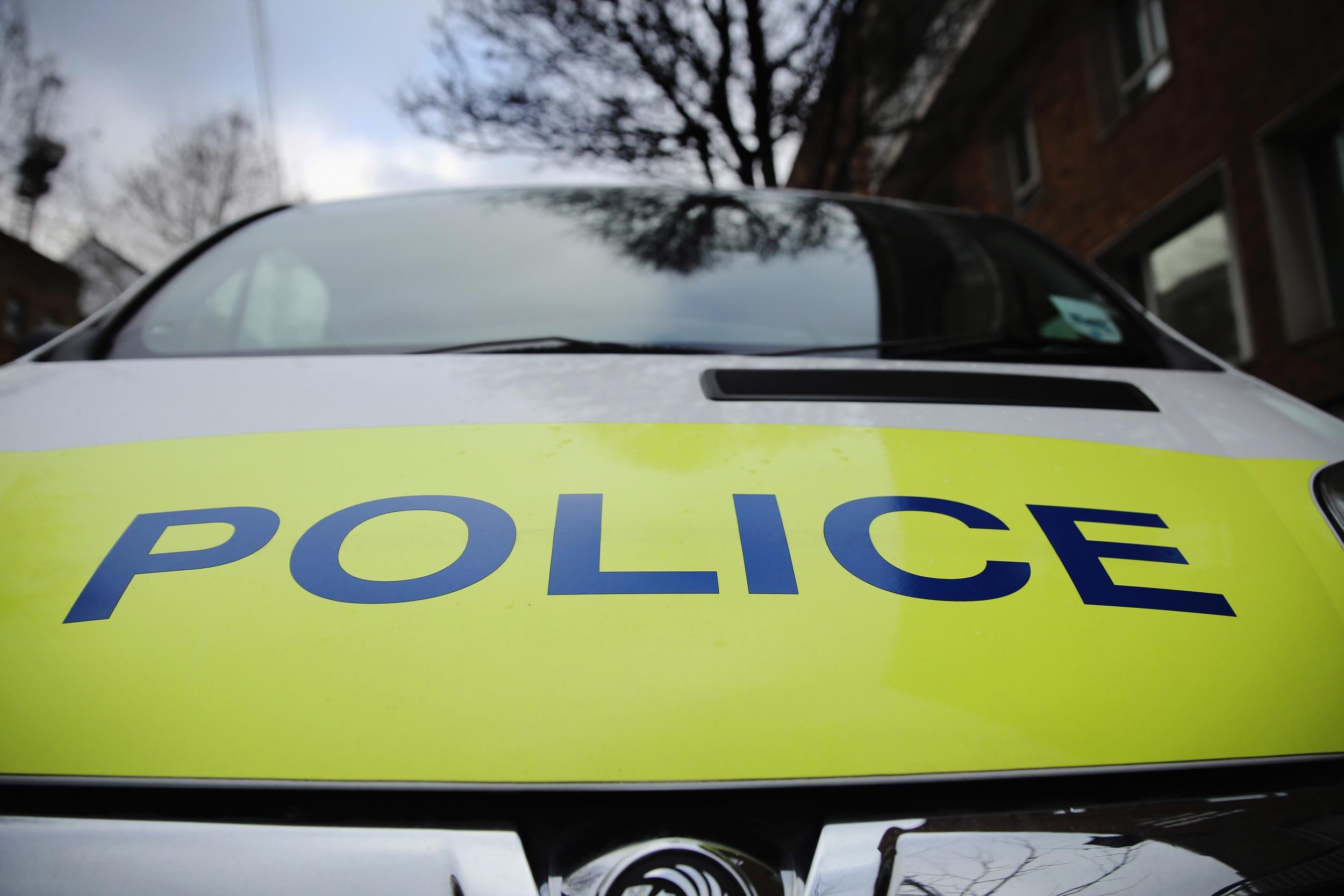Undercover police spied on more than 1,000 groups in UK, inquiry finds
Inquiry commissioned by Theresa May delayed by legal battles over officers' anonymity

Your support helps us to tell the story
From reproductive rights to climate change to Big Tech, The Independent is on the ground when the story is developing. Whether it's investigating the financials of Elon Musk's pro-Trump PAC or producing our latest documentary, 'The A Word', which shines a light on the American women fighting for reproductive rights, we know how important it is to parse out the facts from the messaging.
At such a critical moment in US history, we need reporters on the ground. Your donation allows us to keep sending journalists to speak to both sides of the story.
The Independent is trusted by Americans across the entire political spectrum. And unlike many other quality news outlets, we choose not to lock Americans out of our reporting and analysis with paywalls. We believe quality journalism should be available to everyone, paid for by those who can afford it.
Your support makes all the difference.Undercover police officers have been deployed to spy on more than 1,000 groups, political organisations and gangs, an inquiry into the shadowy operations has found.
The figure, disclosed for the first time in an email to lawyers representing targeted activists, could rise dramatically as investigations continue to gather responses from police forces across the UK, The Independent understands.
The Undercover Policing Inquiry (UPI) is investigating “serious and widespread concerns about the behaviour and the use of undercover police officers” stretching back to 1968.
It was established in 2015 by Theresa May, then the Home Secretary, amid public outrage over accusations that officers took fake identities from dead children, had relationships with campaigners and fathered children while undercover.
High-profile cases include that of Mark Kennedy, who spent years posing as an activist known as Mark Stone to infiltrate environmental campaigns.
Other targeted groups include anti-war activists, animal rights organisations, the far-right and far-left, and anti-racism campaigners.
As well as political organisations, it emerged in 2014 that an undercover officer spied on the grieving family of murdered teenager Stephen Lawrence.
A spokesperson for the inquiry said the names of all groups infiltrated would be published “in due course”, unless they were the subject of a successful application for a restriction order.
It is being headed by judge Sir John Mitting, who this week replaced Pitchford after he had to step down from the role following his diagnosis with motor neurone disease.
Amber Rudd, the Home Secretary, said: “It is important that the inquiry’s work continues without delay.”
The inquiry has not yet heard any evidence, amid pushes by police forces for hearings to be held in private and the identities of officers involved to be withheld.
Sir Christopher said the Metropolitan Police’s “incompetence” and “failure” to plan for and anticipate the work involved were to blame for delays in April, while campaigners have accused forces of attempting to sabotage the probe.
Scotland Yard said it was working “tirelessly” to assess the risks of disclosing names from its disbanded Special Demonstration Squad and applied to be allowed until October to finish the work.
Representative Jonathan Hall QC said the Met had 100 people working on the inquiry, which is expected to cost it at least £15m.
“It is not to conceal or delay, it is to ensure proper, informed, robust decisions are made,” he added.
In a report to mark two years since the inquiry commenced, Sir John emphasised that it was “wholly independent of the police” and would be “rigorous, objective and open where possible”.
“We believe these investigations will reveal both creditable and discreditable conduct in undercover operations within police in forces across England and Wales,” the judge added, saying public hearings were expected to start in 2019.
“The secret work of public servants and interferences with the private lives of members of the public will both form a key part of our investigations.”